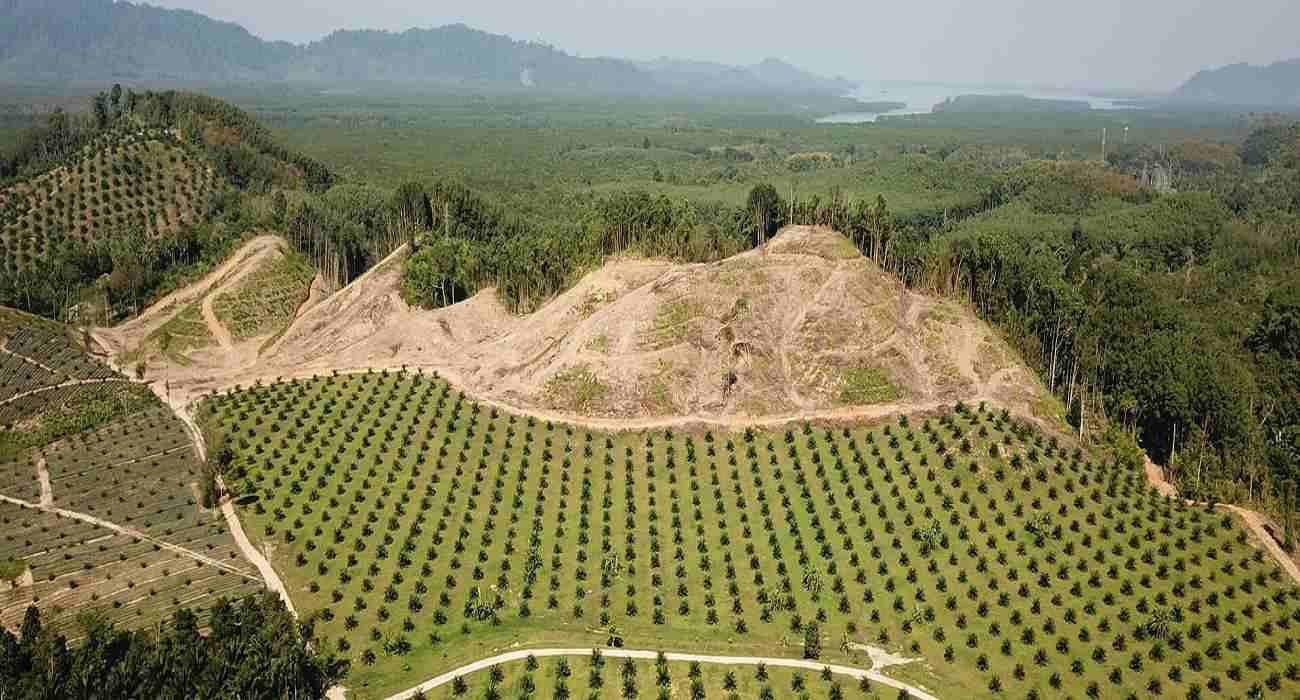Welcome To ChemAnalyst

JAKARTA- Under an Indonesian government program designed to assist small farmers, illegal oil Palm plantations have been amnestied, spanning an area that is one and a half times larger than the city of London. Critics have voiced concerns that the program favours large corporations over small farmers. In total, the program has legalized 237,511 hectares (586,902 acres) of plantations, establishing a combined 3.37 million hectares (8.33 million acres) of oil Palm plantations as illegal under Indonesian law due to their establishment on forest areas. The program has been in effect since 2020.
The area lost due to deforestation in Indonesia is larger than the size of Belgium and accounts for a significant portion of the country's Palm oil output, the world's largest producer of the commodity. In response to this problem, the government introduced an Amnesty scheme under the Omnibus Law on Job Creation in 2020. Despite being deemed unconstitutional in a court challenge, this controversial law is still in force and removes criminal punishment for illegal plantations and their operators. Instead, they can be legalized by paying fines and applying for rezoning of the land to a non-forest area.
The recently implemented Amnesty program has faced criticism from activists and lawmakers alike. Detractors argue that the scheme is simply a way to launder the illegal activities of those who have established plantations within forest-zoned areas that are prone to deforestation, wildfires, and land disputes. Although the Ministry of Environment and Forestry claims that the program is designed to assist small farmers with illegal smallholdings, it has largely benefited larger companies that operate the plantations.
Most plantations granted Amnesty belong to corporations. It's worth noting that the companies have been the main beneficiaries of the rezoning decrees. Despite being portrayed as a pro-farmer initiative, the program has pardoned the sins of corporations and enabled them to profit. There are two plantations qualifying for exemption under this program - 110a applicants with licenses from local authorities only, and 110b applicants with no permits from either local or national authorities.
110a plantations have an opportunity for permanent legalization by paying fines and obtaining a rezoning license, known as a forest release decree, from the Ministry of Environment and Forestry. On the other hand, 110b companies must not only pay fines but can only operate for one more crop cycle, not exceeding 15 years. If located in protected or conservation forest areas, plantations cannot be amnestied, and the ministry will immediately seize the land.
The program's lack of transparency raises concerns about whether plantations that fall under the 110b category are being legalized under 110a regulations. The ministry's efforts to complete the legalization of illegal concessions by the Nov. 2, 2023, deadline set by the omnibus law may lead to corruption. This deadline coincides with the start of campaigning for the February 2024 legislative and presidential elections, which could result in an influx of corporate funding towards candidates. Officials and candidates seeking office in electoral districts with illegal plantations may be tempted to accept bribes in exchange for hastening the Amnesty process for the plantation operators.
According to the Ministry of Environment and Forestry, the 110a and 110b schemes present a transactional opportunity designed to align the interests of companies with the political elites. The ministry expects to gather a minimum of 50 trillion rupiah (equivalent to $3.4 billion) from companies through the 110a scheme, but as of August 2022, only 75 companies have paid a total of 222.7 billion rupiah (around $15.2 million).
The Ministry of Environment and Forestry has attributed delays in the processing of illegal plantation cases to companies being tardy in submitting the necessary documents and paying fines. However, the ministry is determined to expedite the implementation of the Amnesty scheme, which prioritizes "restorative" justice over punitive measures for illegal plantations.
As of December 2022, the ministry has identified a total of 543,411 hectares (1.34 million acres) of illegal plantations, with 616 Palm oil companies being among the offenders. The ministry is now in the process of rezoning forest areas for these identified plantations, with a focus on restoring the damaged ecosystem.
The Indonesian Ministry has intensified its crackdown on illegal plantations by identifying 531 more Palm oil companies operating illegally, bringing the total number of identified plantation companies to 1,147. The ministry has also identified other entities, such as mining companies and farming cooperatives, operating illegally inside forest areas. Additionally, the ministry estimates that small farmers account for 514,886 hectares (1.27 million acres) of illegal Palm oil plantations. However, the ministry has yet to identify the owners of these smallholdings before including them in the Amnesty program.
We use cookies to deliver the best possible experience on our website. To learn more, visit our Privacy Policy. By continuing to use this site or by closing this box, you consent to our use of cookies. More info.
